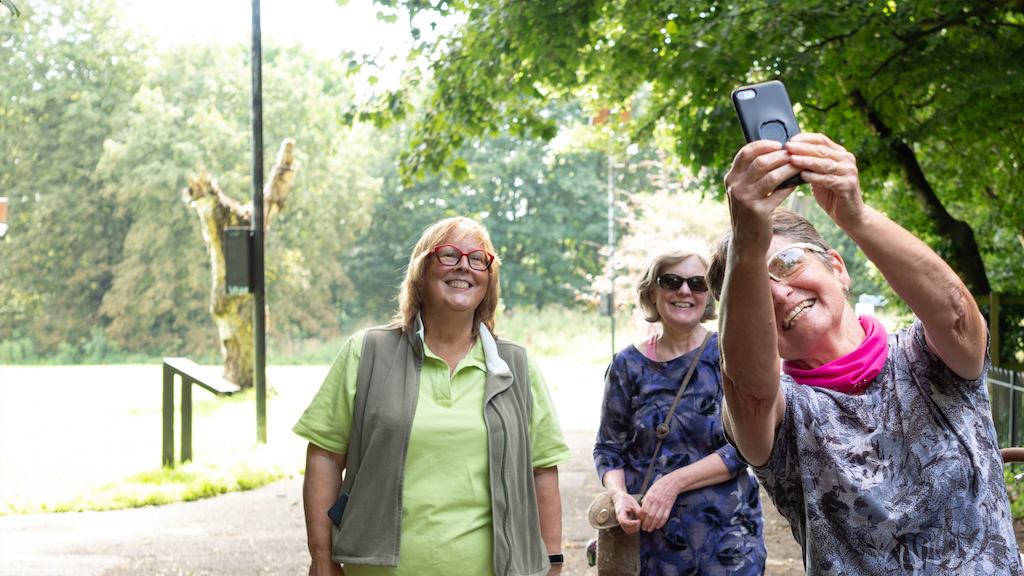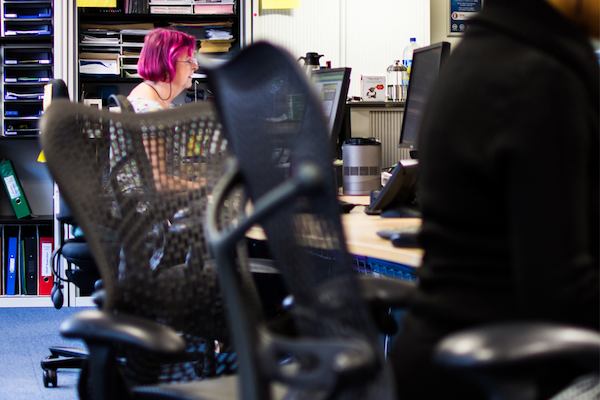The global ageing agenda has also moved on a great deal. In 2015, the WHO published the landmark World Health Report on Healthy Ageing. Now, in 2021, we see ageing firmly on the global agenda. We are at the start of the UN Decade of Healthy Ageing 2021-2030, a decade that is focused on taking action. Ageing Better has contributed to these global initiatives, collaborating with AARP, the World Economic Forum and OECD on their Living, Learning and Earning Longer programme. We have supported the WHO global campaign on ageism, and we have partnered with the European Observatory on Health Systems and Policies to support its programme on the economics of healthy ageing.
In the UK, UKRI is funding the Healthy Ageing Challenge supporting innovators and investors to create products and services to support people to live longer, healthier and more independently. Ageing Better played a critical role in shaping the funding to focus on prevention – moving it away from a focus on high-tech, high-need, specialist products. We are now supporting a growing network of innovators and businesses to develop and scale products and services across a wide range of issues such as housing through the community of practice.
Back in 2015 there were just 12 cities that were part of the UK Network of Age-friendly Communities, which Ageing Better supports. Today, the network has 46 members – including a wide variety of areas from rural district council to city regions including Greater London Authority and Liverpool. We have built strong partnerships with Greater Manchester Combined Authority, Leeds City Council and Leeds Older People’s Forum, and we are excited about our new partnership with Lincolnshire County council and Local Enterprise Partnership.
I’m proud of how far we’ve come in this time, and the huge impact we have delivered along the way.


